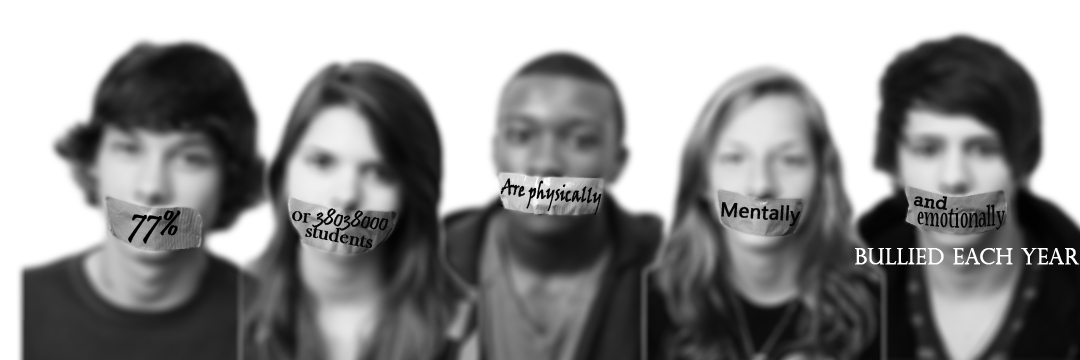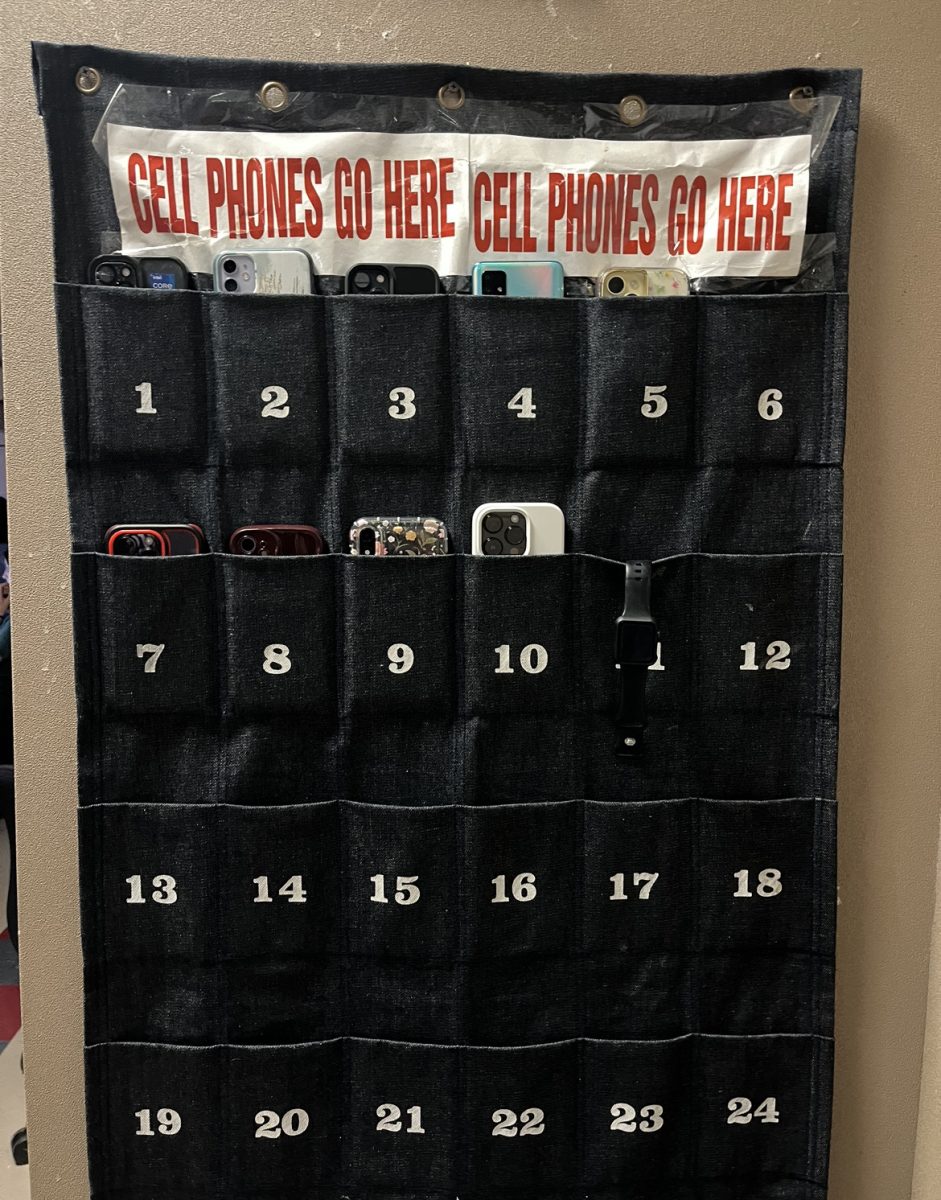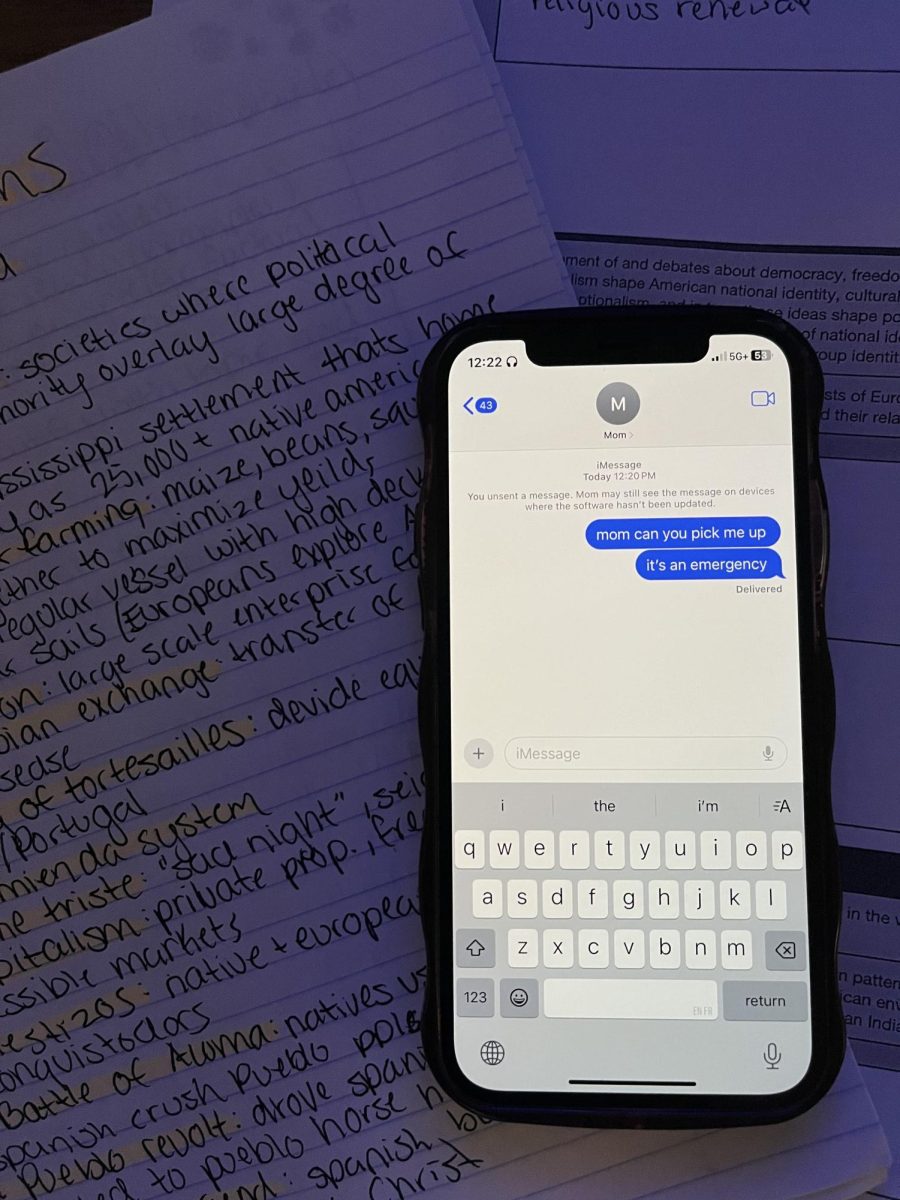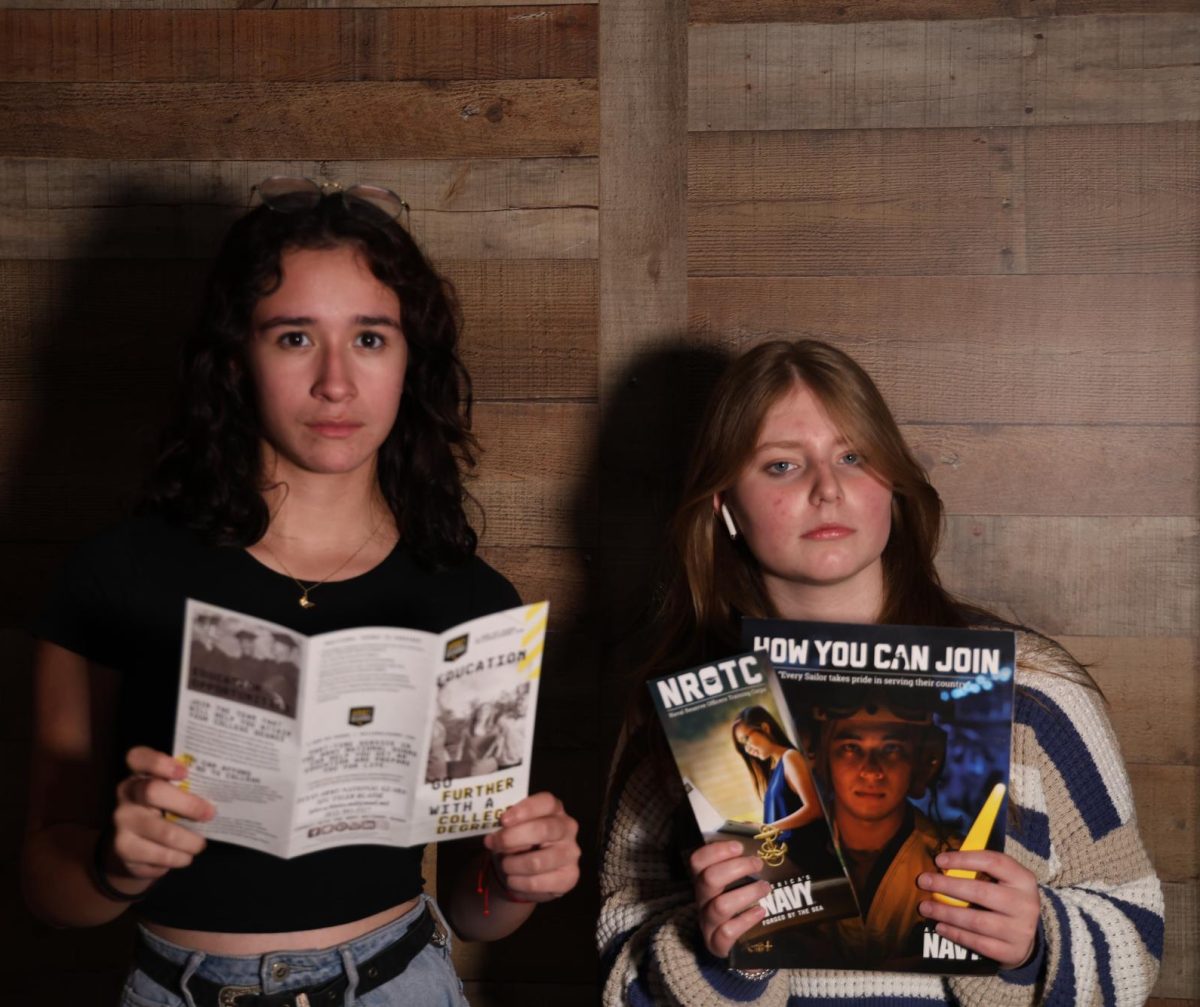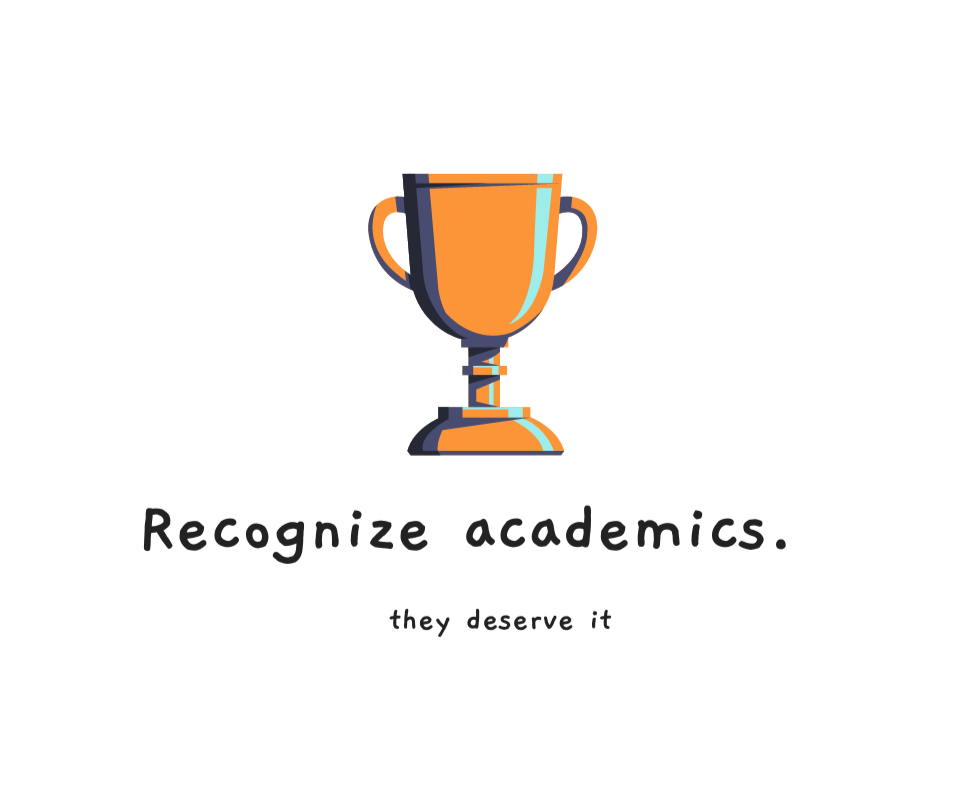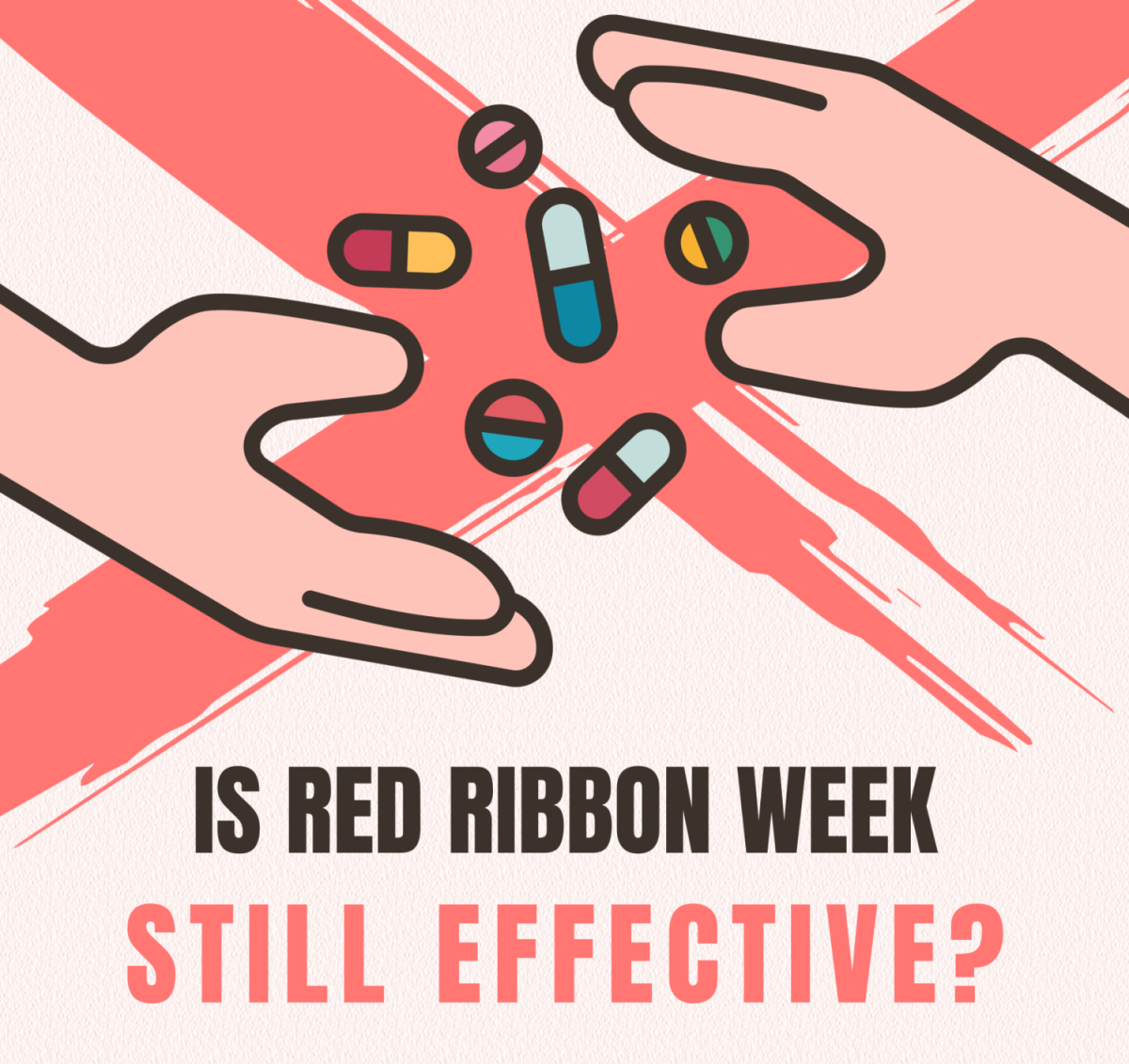Growing up in America, we are constantly buffeted by idealistic, and at times outrageous representations of life as a teenager. From Hollywood to the ever-present influence of television and the internet, there is absolutely no escaping the false reality that is established within the eager young minds of our nation’s children.
We spend our childhoods dreaming. But as we step through those ominous front doors of high school, we almost immediately realize that it is not what we were expecting. The workload is incredible, but the troubles we anticipate are not as impossible as the media makes it out to be. It’s just another stretch of life, not a far-away kingdom of witty remarks and social strife.
However, to say that movies like Mean Girls are completely off-base is a falsehood in itself. While the ‘villains’ of high school may not be as exaggerated as Regina George, the fact of the matter is that bullying of that extent does occur. Even more shockingly, those ‘villains’ may not be villainous at all, but any of the people you pass in the hallways.
What we don’t want to admit is that it might even be ourselves.
Bullying has been picked apart, analyzed, and presented in every package imaginable by the media, especially since the string of suicides due to anti-gay bullying and bullying in general. It is a topic that will always need to be addressed. As long as there are kids that stray from social norms, as long as there is jealousy, as long as there is a blatant fear of something not understood, there will be bullies and bullying.
Tomball may not have the culture that other schools may have in which bullying can thrive, but this does not make the topic obsolete. There are people out there that are suffering. Teenagers need to realize that there are things we can do to help.
It’s the little, cliché things that adults always seem to tell us that make the most difference. Bullying doesn’t always have to be a harsh word or a form of physical hazing. It can be the lack of attention that hurts the most. Leaving someone out of a group, or deliberately ignoring them because they are different or ‘awkward’ can seriously affect that person. A quick hello, a smile in the hallway, including someone in an activity in class – these small acts of kindness that we are encouraged to show – and that we roll our eyes at – are repeated to us for a reason.
Alex Ragsdale, former program assistant of Crisis Intervention of Houston, Inc, said the best way to help a friend or stranger that is a victim of bullying is to simply talk to them about it.
“It seems obvious,” Ragsdale said, “but it’s really easy to let that person just keep going through what they’re going through without bringing it up.”
Crisis Intervention of Houston runs a program by the name of Teenline, which is a 24-hour hotline and web-based chat room dedicated to teenagers and their problems.
“Kind of the cool thing about the teen line is that it’s teens talking to other teens,” said Ragsdale of the teen volunteers manning the phones and computers. “Sometimes teenagers can be intimidated by talking to adults, or think that adults won’t understand. Things that seem trivial to adults may make sense to other teenagers.”
One of the most difficult discussions a teenager can have with a parent would be on the topic of sexual orientation. LGBT (Lesbian, Gay, Bisexual, and Transgender) teens have been particular targets of bullying, as seen in the string of recent suicides.
“I would say the biggest reason [behind anti-gay bullying] is ignorance,” said Kyle Pechacek, a former THS student. “People just don’t understand it fully. They don’t have the knowledge, and they don’t understand how it affects the person.”
Pechacek encountered a significant amount of harassment during his time at the high school due to his sexual orientation.
“I didn’t try to hide being gay,” he said. “When people asked me I just didn’t answer them. When I did come out, my friends already knew and accepted me for it.
“Being bullied, it was an everyday thing. It’s always going to be an everyday battle. When you walk down the hallway and people move out of the way saying ‘Here comes the fag, I don’t want him to touch me,’ well that hurt.”
Though some may disagree with homosexuality based on concept or religion, we cannot treat our fellow human beings in this manner. Perhaps the most obvious and horrendous forms of bullying are targeted at LGBT teenagers, and the adults that are supposed to reprimand such childish behavior often seem to do almost nothing to prevent it.
The parents of a nearby middle school student who committed suicide last month said they told the school repeatedly about the abuse their son faced, but nothing was ever done.
“We should have teachers enforce it more,” said Amber Brackett, senior. “I hear people in class say words like gay and faggot in an extremely derogatory sense, and if teachers would punish that like they do other slurs then it might make a difference.”
Yet again, counselors and officials stress that the best way to help a victim of bullying is through communication and support.
“I had nobody to help me with it,” Pechacek said. “My friends were there but nobody really knew what I was going through. Everybody needs somebody they can talk to that will understand.”
HATCH, or Houston Area Teen Coalition of Homosexuals, provides a hotline much like Teenline, in that it is a 24-hour service in which you can contact individuals that will empathize as opposed to simply sympathize. They organize meetings and events specifically for LGBT teens to meet other people and establish bonds that will help carry them through the tremulous high school years.
Whether we are victims of bullying, witnesses of it, or the ones behind the transgressions, everyone has a part to play in making a difference. As Pechacek repeatedly stressed, “It’s okay to go and talk to anybody, you aren’t alone.”



